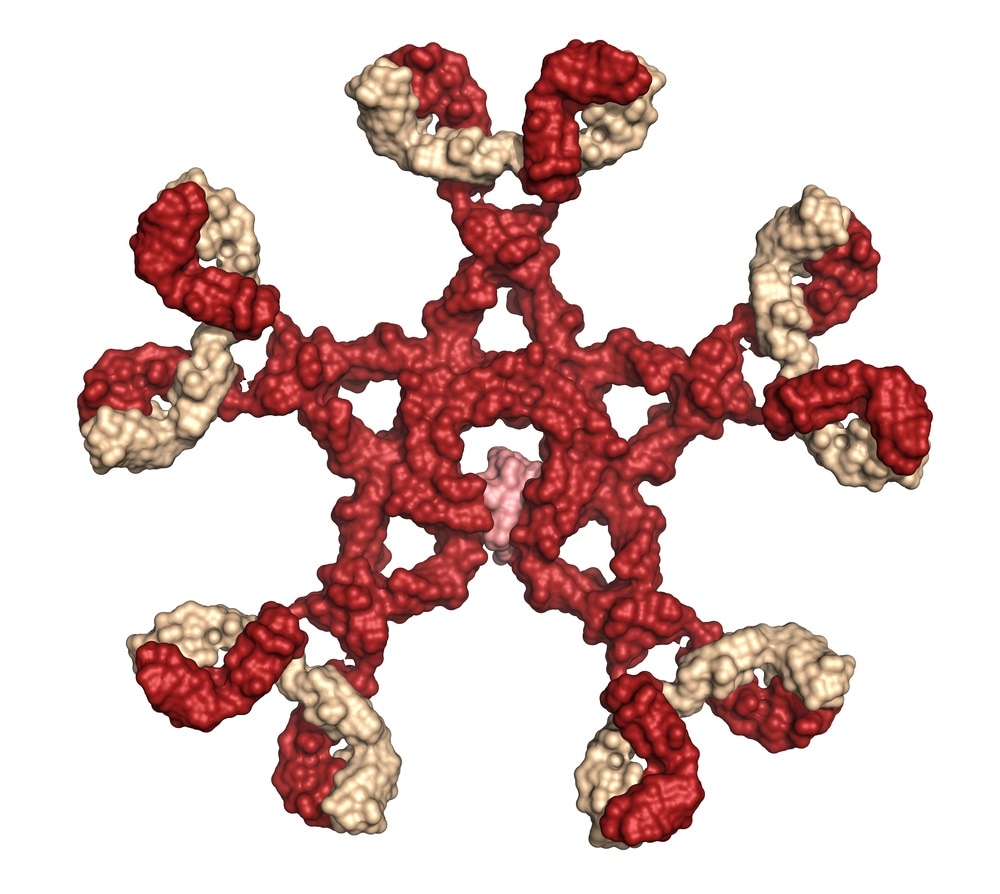A team of scientists from Texas Biomedical Research Institute have homed in on an antibody that could protect against infection with HIV-1.

© molekuul_be/Shutterstock.com
As reported in the journal AIDS, Dr Ruth Ruprecht and colleagues have shown in an animal model that immunoglobulin M (IgM) prevented infection after mucosal AIDS virus exposure.
Globally, around 90% of new cases of HIV-1 infection arise through exposure to the virus in mucosal cavities such as the lining of the vagina or rectum.
"IgM is sort of the forgotten antibody. Most scientists believed its protective effect was too short-lived to be leveraged as any kind of protective shield against an invading pathogen like HIV-1,” says Ruprecht.
For the study, six Rhesus monkeys were treated with a synthetic version of IgM, an antibody produced by plasma cells under the surface epithelium of bodily cavities. Thirty minutes later, the animals were exposed to simian-human immunodeficiency virus (SHIV).
Ruprecht and colleagues report that following this exposure, four of the six animals were fully protected against infection with the virus. They found that treating the monkeys with IgM resulted in what is referred to as immune exclusion – the antibody agglutinates the virus and stops it from passing through the epithelial barrier into the bloodstream where it could then spread to other parts of the body.
Ruprecht says IgM has a high affinity for its antigens, grabbing them very quickly and not letting go: "Our study reveals for the first time the protective potential of mucosal anti-HIV-1 IgM. IgM has a five-times higher ability to bind to virus particles compared to the standard antibody form called IgG. It basically opens up a new area of research. IgM can do more than it has been given credit."
In an accompanying editorial, Ruprecht’s work has been referred to as setting off a new wave in evaluating the activity of IgM antibodies in neutralizing HIV-1: “[She and her group] have largely broadened the horizon of neutralizing HIV-1 antibodies, which, as single or combined agents, may be used for HIV-1 prevention and treatment."
The article describing the new and exciting findings has been listed as “Fast Track,” due to the special attention it should receive and generate.